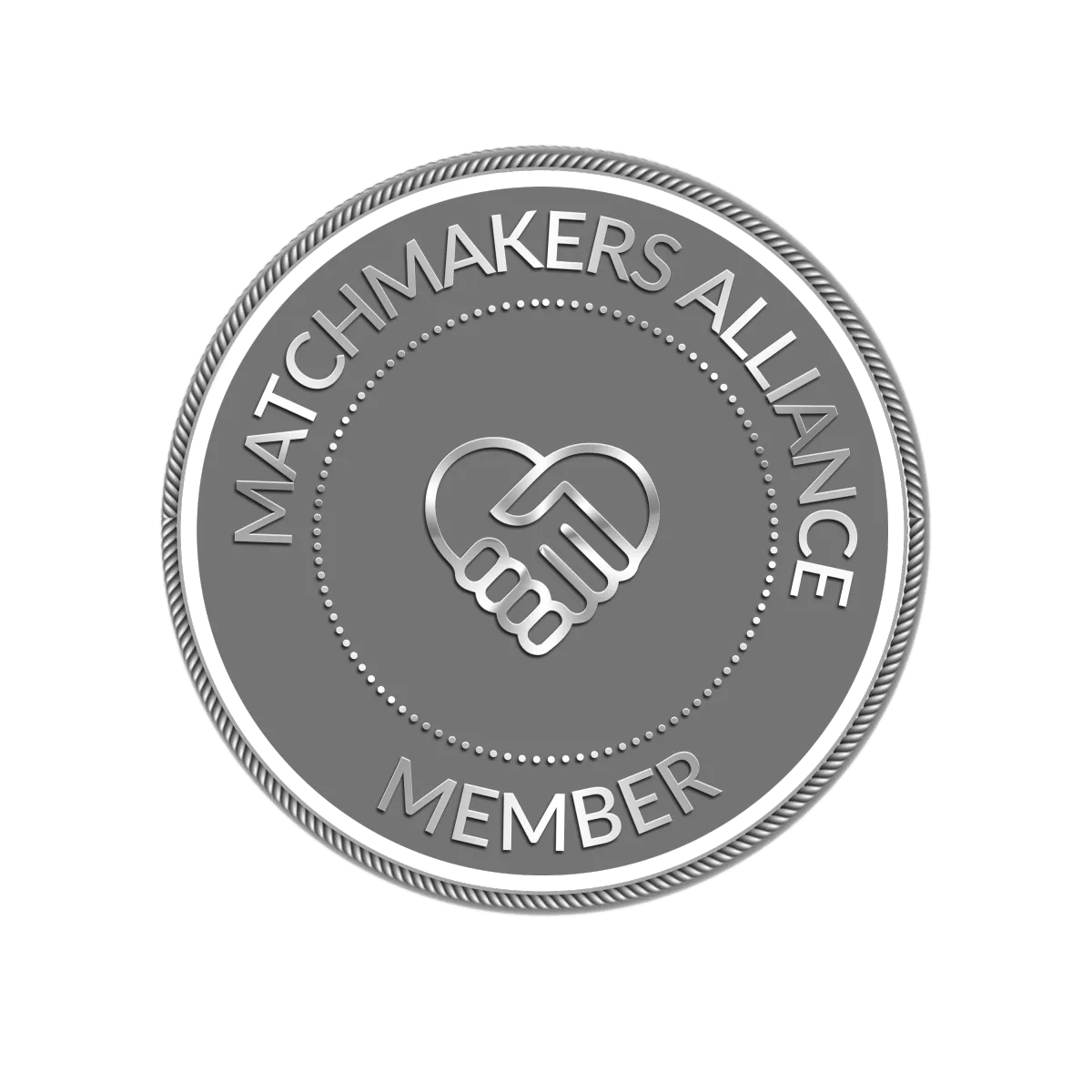WELCOME TO OUR B L O G
Let's Begin: Your Journey to Love Starts Here!
Welcome to MLM's Blog, your go-to spot for all things relationships. Our blog is like a cozy chat over coffee, where we spill the tea on dating, share stories, and dive into the psychology behind connections. Whether you're navigating the world of online dating or just looking for some heartwarming reads, we've got you covered.
Welcome to MLM's Blog, your go-to spot for all things relationships. Our blog is like a cozy chat over coffee, where we spill the tea on dating, share stories, and dive into the psychology behind connections. Whether you're navigating the world of online dating or just looking for some heartwarming reads, we've got you covered.

The Journey to Self-Love: Steps to Heal Before Entering a Relationship

Romantic love is universally attractive, indeed a goal one must achieve in their lifetime. Yet, people tend to overlook the fact that the one relationship that matters most comes from within. Inner self as such is where true and holistic love begins. Before stepping into any new relationship, it is critical that healing is done with great emphasis placed on self-love as most importantly this is done for oneself. Not only is this way important and useful but is also fundamental in preparation for an even better and more complete relationship in the days to come.
So, how does one begin to love themselves and heal before hopping into any relationship? Let us look at the important last steps.
Step 1: UNDERSTAND AND WORK OUT ALL TRAUMAS
The first step in healing is to confront your past more often than not, all of us endure something or the other from the previous relationships we encountered – be it fears, criticisms, or breaks. In order to heal, you should neither hide or disown these cuts.
Spend some time considering what went haywire, what lessons were gained, and how these experiences affect your present emotional condition. Memoirs assist many people – so if you are having difficulty sorting out your ideas and emotions or closing a chapter in your life, you can always put pen to paper. If you have them deeply embedded inside you, treatment successfully offers you help on how to deal with such suffering. The aim, as it were, is not to obsess over what has come and gone, but rather to learn from such experiences, allow healing to take place, and then proceed with all the knowledge afforded by the experience.
Step 2: LEARN THE ART OF SELF-REFLECTION
The vanity of self-love, if cultivated, starts by understanding herself – her needs, wants and values. In order to have a better working relationship with the latter, it is first important to know what one wants in this life and in love.
What are deal-breakers for you in a relationship? It could be anything such as honesty, loyalty, or moral support, knowing one's values is useful as it enables one to seek a partner with similar values. Have you done anything in previous relationships that can be considered a negative pattern? Knowing such tendencies makes it possible to know when to stop such acts and not repeat them. Shift trust to yourself by concentrating on your growth, professional objectives, interests, and bettering oneself, instead of revolving around romantic ones. Knowing oneself is essential in establishing a relationship that benefits the personal growth of both parties involved.
Step 3: SELF COMPASSION IN THE FACE OF CHALLENGES
After such wounds, it is not surprising that many of us become our own worst critics. Nonetheless, self esteem is not enough; one has to love themselves, which goes beyond just self acceptance. Inner kindness and forgiveness to oneself must also be practiced as one would practice towards a friend.
Each time a person engages in negative self-talk, let alone such as post review of performance, one can compensate for it with positive self-affirmations. For instance when that person feels, “I am not enough there,” he reminds himself about, “I deserve love and happiness.” Perfection is a myth and that’s just fine. Everyone struggles with self love because they realize that acceptance means many things but not necessarily believing that inflictions on others make them worthless. If you have made any missteps in history, learn to let them go. Burying one’s past errors in history does not result in resolution, and neither guilt nor shame helps one to heal. In building emotional resilience and enhancing one's self-esteem, Self-compassion plays a cardinal role that anticipates future healthy relationships.
Step 4: CREATE AND MAINTAIN HEALTH BOUNDARIES
The issue of boundaries comes up often in relationships, as most people understand love, which has no room for boundaries, as sacrifice. Yet to be one’s self in all honesty is to know very well where you stand and limit from whom and what to in order to love and be loved by the right people.
Determine what type of intimacy- emotional, physical, and psychological- you are comfortable with in a relationship. What are your limitations? What compromises do you never allow? Never feel guilty for looking out for your own interests. Saying ‘no’ does not make you a bad person; it helps you protect yourself and stay in some sort of equilibrium. Healthy relationships are built with communication. You are allowed to state your limits and so should your partner. Boundaries are about respecting oneself and about avoiding toxic relationships such as codependence or affection fatigue.
Step 5: GIVE YOURSELF A BREAK EVERY ONCE IN A WHILE
Self-care does not simply mean treating you to spa days or filling yourself with guilty pleasures. It is ensuring your mental, emotional, and physical needs are catered for so that you feel complete and happy, even while single.
Be it, working out, yoga, reading or communing with nature indulge in things that energize and enrich your spirit. Present moment awareness enables one to ground self and strengthen emotion as well as inner peace thereby reducing anxiety. Pick up some leisure activities, some upskilling endeavors, or set some personal targets that will enhance your self-worth or confidence. Attending to your own needs makes you a person that anyone would want to partner with because you carry yourself with self-worth.
Step 6: ACCEPT YOUR SINGLENESS
Singleness is perceived by many as a waiting period until one finds “the one.” Still, learning to be alone can be the most empowering act of self-love you can perform.
Being single is not a deficiency and has nothing to do with one’s worth. Make this period positive by getting to pursue other interests that you have, make friends and most importantly celebrate the chance of staying with yourself. Develop skills and partake in activities that you enjoy without the need to have a romantic partner to share these moments with. This way, you learn how to be complete within yourself. Peer pressure to engage in romantic relationships are common. However, do not hurry. You should wait for a partnership that is rooted in love rather than one that is based on companionship or avoidance of loneliness. Learning to enjoy being on your own enhances your independence which in turn primes you for a relationship.
Lastly, Prioritize Self-Love
Healthy relationships with others cannot exist without a healthy relationship with the self. This means learning to forgive oneself and heal from emotional wounds, developing self-awareness, being kind to oneself, and learning to enjoy one’s own company. After all of this, trust me, you will be in a much safer mental position to begin any new relationship with clarity and confidence, and focus on building a healthy relationship from day one.
When a person deploys love for oneself first, he or she does not only make their own life better but also enables engineering love filled relationships rest assured devoid of any ill themes.
"Diets don't work, LOVE does" - Jen Oliver



